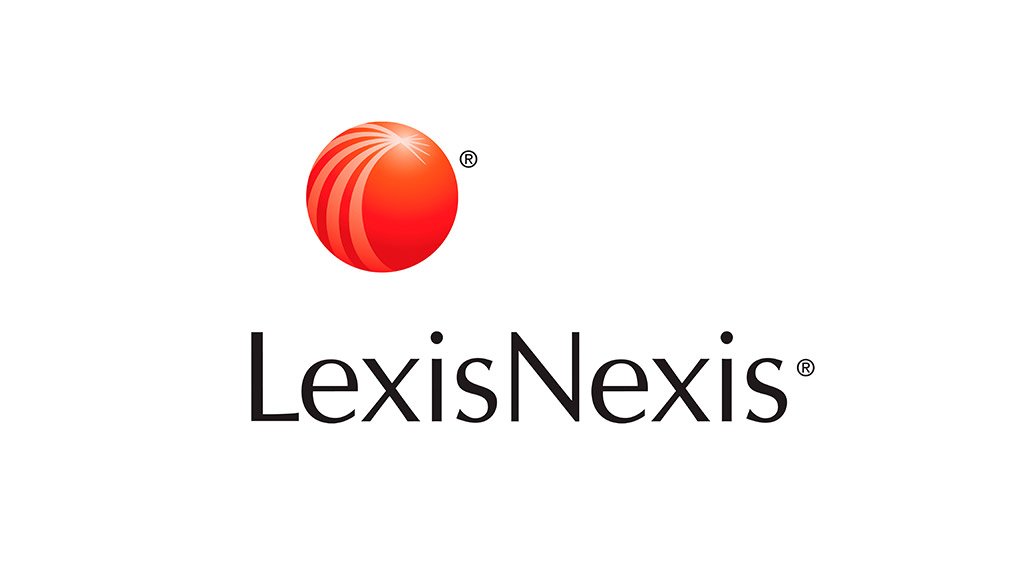The concept of 'politically exposed persons' (PEPs) has come into sharp focus as the Guptas continue to make news headlines in South Africa.
Finance Minister, Pravin Gordhan, filed papers in the North Gauteng High Court in Tshwane on 30 January, after Gupta family lawyer, Gert van Rooyen, on behalf of Oakbay Investments filed court papers on January 20 that set out to reveal how the Guptas were victims of a planned, concerted and politically driven smear campaign. At the centre of it is Gordhan’s 2016 court application seeking court protection against being forced by the Guptas to intervene in the closure of Gupta-owned business bank accounts, amid allegations of state capture and corruption that stem from their close relationship with President Jacob Zuma.
Now, whatever the outcome decided on by the courts, it reinforces the importance of due diligence to protect the integrity of an organisation and safeguard its reputation.
Organisations are expected to both identify the PEPs amongst their associates and prevent the negative effects of being in association with them, said Rudi Kruger, general manager of Risk Solutions at LexisNexis South Africa. "Dealing with politically exposed persons can be risky, as they pose a higher risk of money laundering, bribery and corruption due to their position and influence,” he said. “This in turn creates negative consequences for the organisation like legal penalties, costs and reputational damages.”
He added that it was vital for organisations to first understand how a PEP is categorised. The general consensus among regulatory bodies internationally is that a PEP can fall within any of the following descriptions:
- Current or former senior official in the executive, legislative, administrative, military, or judicial branch of a foreign government (elected or not)
- A senior official of a major foreign political party
- A senior executive of a foreign government owned commercial enterprise, and/or being a corporation, business or other entity formed by or for the benefit of any such individual
- An immediate family member of such individual; meaning spouse, parents, siblings, children, and spouse's parents or siblings
- Any individual publicly known (or actually known by the relevant financial institution) to be a close personal or professional associate.
Next comes due diligence, the legally unavoidable task against rigid anti-bribery and anti-corruption regulations that hold businesses accountable for investigating and knowing all of their associates both locally and abroad.
“However, adequately performing due diligence is simpler said than done as it can be a lengthy and time consuming process. With the right tools and data like LexisDiligence, the strenuous task of due diligence is simplified,” said Kruger.
LexisDiligence, a highly advanced due diligence research solution from LexisNexis South Africa that was designed to deliver the intelligence and information companies need to make better decisions and anti-bribery and anti-corruption regulations. With LexisDiligence, users can select a prospective third party, perform a company or person check, explore associated entity interests, check against sanctions, check for red flags and politically exposed persons data, search for negative news, check the litigation history, assess country risk and confirm as partner/ supplier/ distributor.
LexisDiligence also enables compliance officers to review data from the UK, EU, US and selected Asian jurisdictions. The solution is backed by a comprehensive database of more than 40 years of global archived news and data, designed to help a company perform the necessary due diligence in the areas of risk, compliance and fraud. This makes it a valuable tool for meeting anti-bribery, corruption and anti-money laundering requirements, such as those set out in the UK Bribery Act 2010.
EMAIL THIS ARTICLE SAVE THIS ARTICLE ARTICLE ENQUIRY
To subscribe email subscriptions@creamermedia.co.za or click here
To advertise email advertising@creamermedia.co.za or click here











